Living by the water is many people’s dream, but the reality of that dream may not always be what it seems. In Oakland, California, residents trying to enjoy a walk near the river are furious that homeless encampments are forcing them to take an alternative, more dangerous route.
Pedestrians, who now walk across eight lanes of highway to avoid a densely packed encampment on the sidewalk underpass, are urging city council members to make a change.
The Issue With the Bike Path
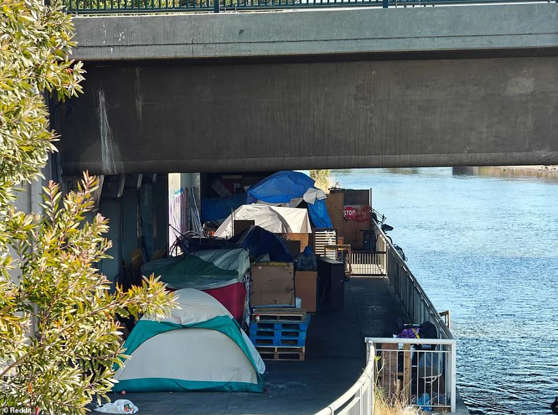
Oakland residents came together to slam city council president Nikki Fortunato Bas in angry blog posts for failing to clear tents, belongings, and people that obstruct the scenic waterway bike path.
“There shouldn’t be a need to cross Lake Merritt Boulevard by foot or bike in the first place,” Roger Rudick wrote on SF Streetsblog, (via Daily Mail).
The Path Has Been Unusable for Years
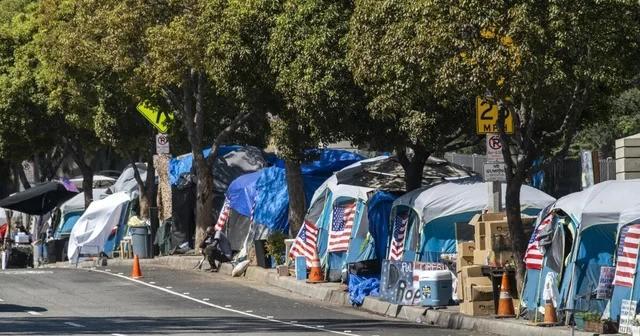
Rudick notes that the city built the bike and pedestrian path over a decade ago to encourage residents to get outside and enjoy the scenic walk near the channel that goes under both Lake Merritt Boulevard and the Nimitz Freeway.
“Unfortunately, it’s been unusable for a couple of years now,” Rudick writes. “The path is completely blocked by encampments, discarded trash, and even parked cars.”
The Alternative Route
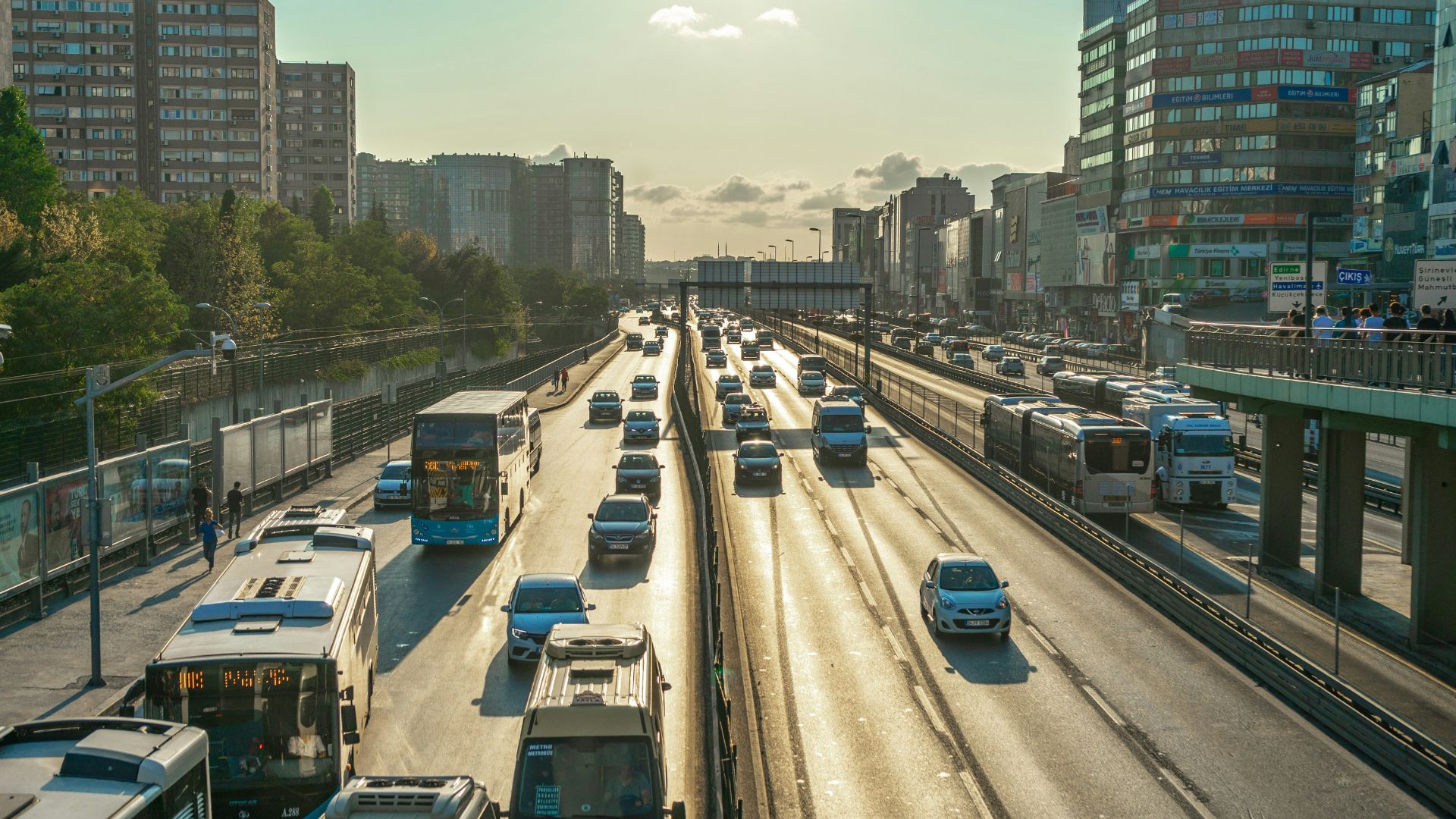
Now, Oakland pedestrians and bikers must navigate through eight lanes of traffic on Lake Merritt Boulevard to continue their route, dodging traffic moving at high speeds. And this isn’t a new problem.
Even if locals want to walk through the encampment, a sign by the walkway states that the section of the sidewalk is not walkable, permanently closing it to those not living in the area.
Permanently Closing Off the Path
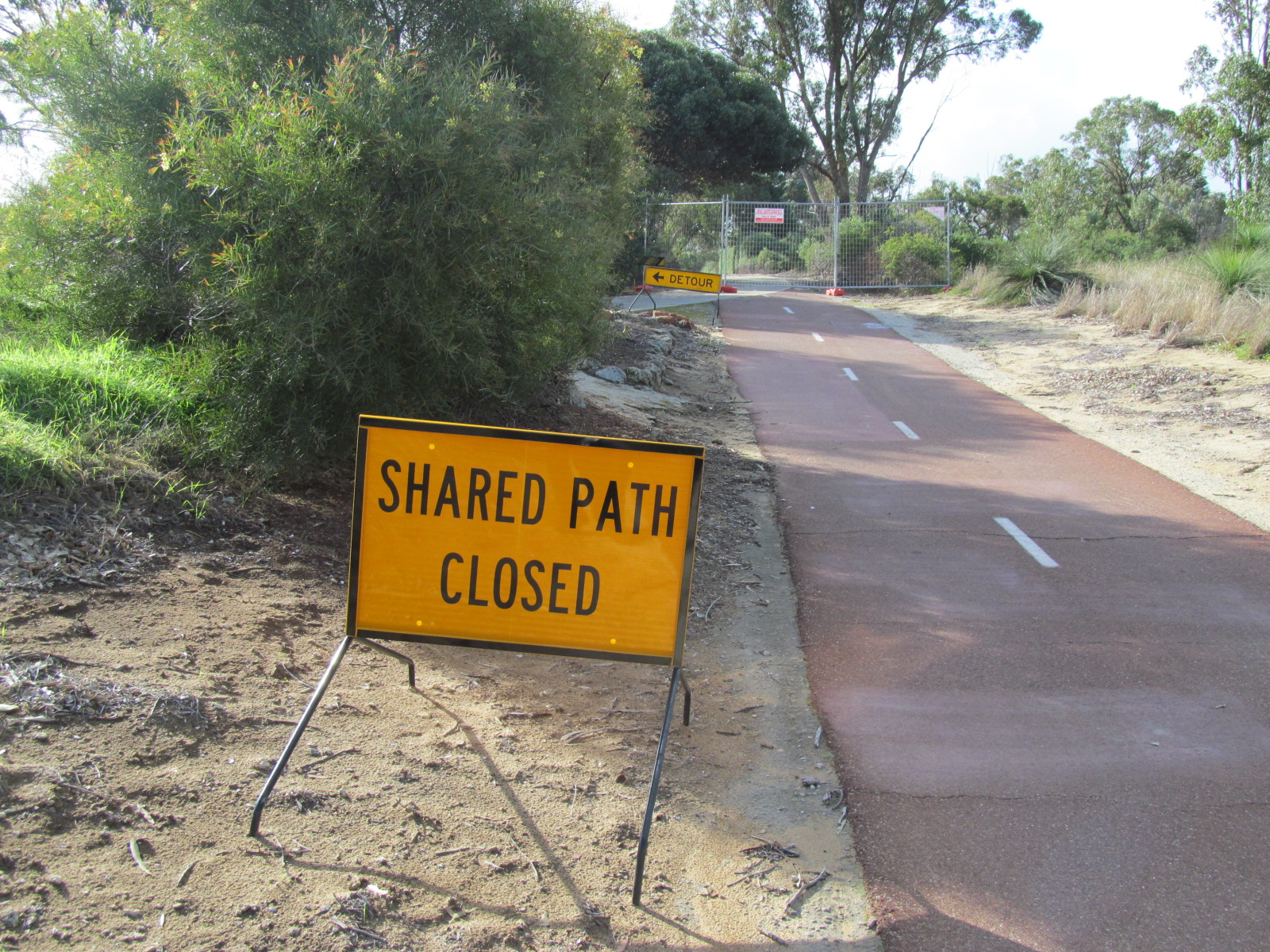
Many locals have commented that they have been complaining about the encampment blockage, writing on Reddit that they have pleaded with the city council to remove the people living there.
“I’m fairly tolerant and usually walk around and pass through,” one person wrote. “Have gone this route for years on the way back to Lake Merritt Bart station. The encampment has [been] permanently closed off with a stop sign, a gate, and ‘Not walkable’ sign!”
“A Whole New Level of Entitlement”

Rudick and the Reddit user were not the only ones to complain about the “entitlement” of the unhoused who are living under the freeway, crowding the sidewalk to the point that it is unworkable for locals.
“That’s a whole new level of entitlement. How and why is this allowed? I tried anyway and the guy started yelling at me and told me to walk around,” one local writes.
Who Is Responsible?

Many locals believe that the level of “entitlement” and harassment coming from the residents of the encampment falls on the shoulders of President Bas.
Bas has been a member of the Oakland City Council since January 1, 2019, and is currently running for election to the Alameda County Board of Supervisors to represent District 5 in California, according to Ballotpedia.
Long Delays in a Park Project

A long-delayed project to fence in Peralta Park, which runs along the bike path, is what is causing the delay in the trash and encampment removal. Now, Rudick reports that the city is expanding the tall black fencing to the bike path.
“It looks like the proposed hours for the gated path would be 8:30 a.m. to 6:30 p.m. from May to October, and 8:30 a.m. to 4:30 p.m. from November to April,” wrote Bike East Bay’s Robert Prinz. “These hours would make the pathway mostly unavailable as a bike/walk commute corridor, which is how I used the pathway to get to/from Jack London Square until the blockages started.”
A Matter of Time Before an Accident

Rudick warns that it is only a matter of time before Bas must confront the issue under Lake Merritt Boulevard. He fears that it will take a serious accident to happen on the eight-lane highways for Bas to act.
The issues could worsen as Oakland’s Department of Public Works looks to close off the bike path with a new fence.
Efforts to Keep Out Residents
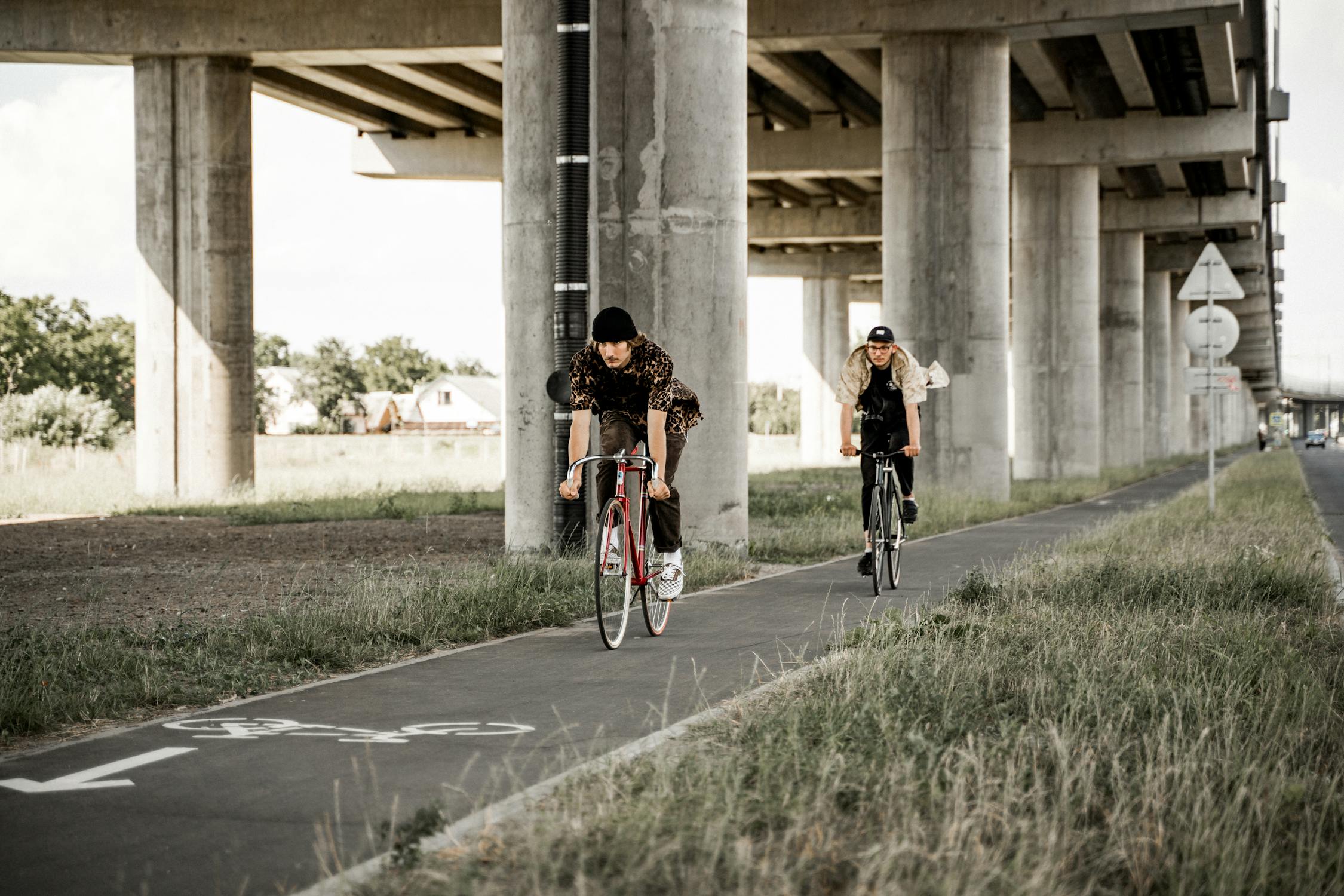
The fence under the freeway is meant to prevent encampments and protect residents from injury during construction, but photos of missing bars show that people are moving into the park, forcing residents to take a more dangerous path.
“It’s going to require a sustained effort to keep the path clear,” Rudick writes. “But the alternative is stark: eventually, a cyclist will be killed trying to cross Lake Merritt Boulevard or the freeway ramps because the channel path is unavailable.”
Bas Responses
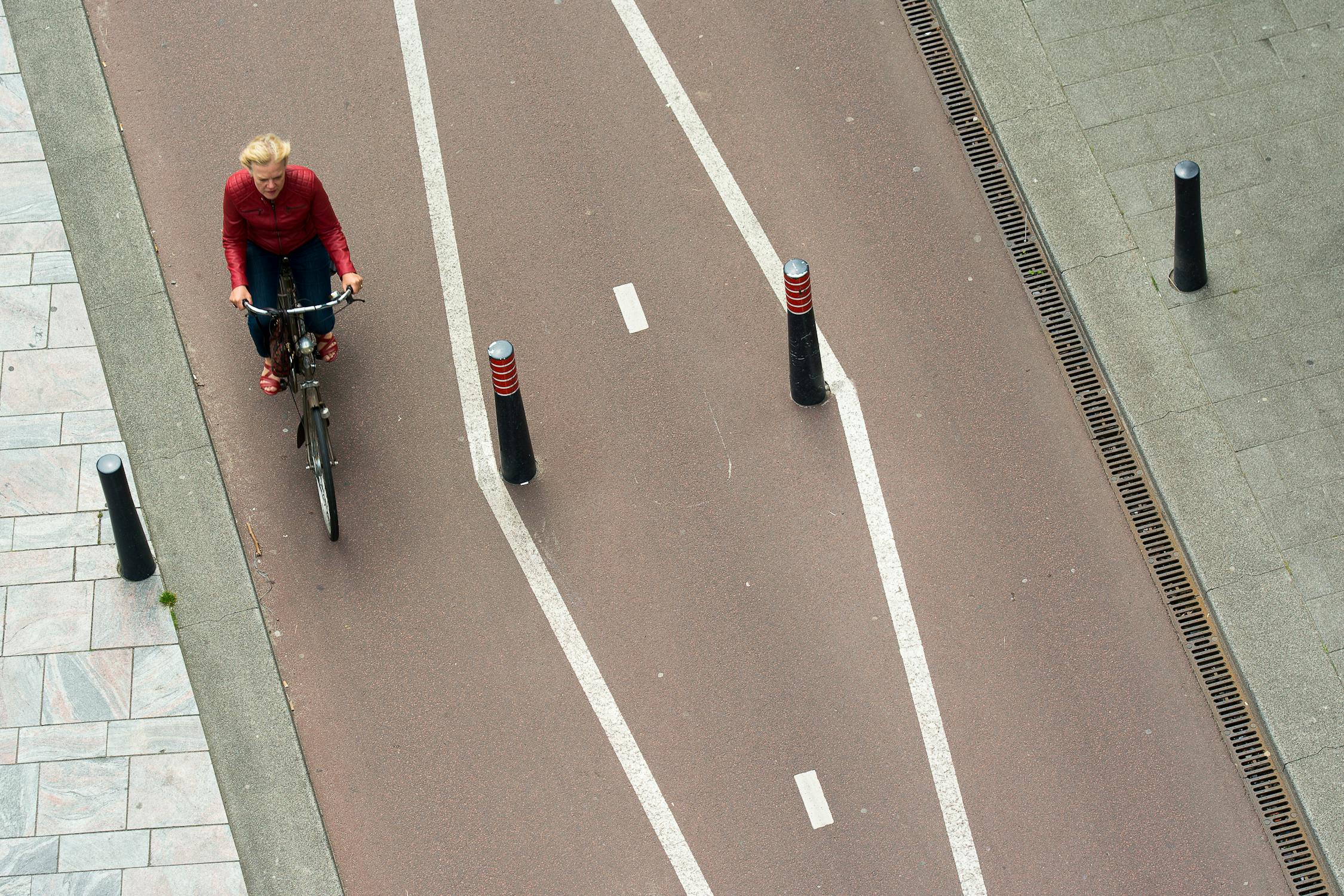
In an email from Bas to Streetsblog, she writes, “On March 18, the Measure DD [which is supposed to fund parks] community advisory group voted unanimously to approve funds for the installation of the fence as proposed to enclose the entire park, with daytime access to the public.”
The statement continues: “I understand the delay in installing the fence is supply chain issues in securing the materials, and I have reached out to city staff to get an update.”
The Unhousing Problem in Oakland
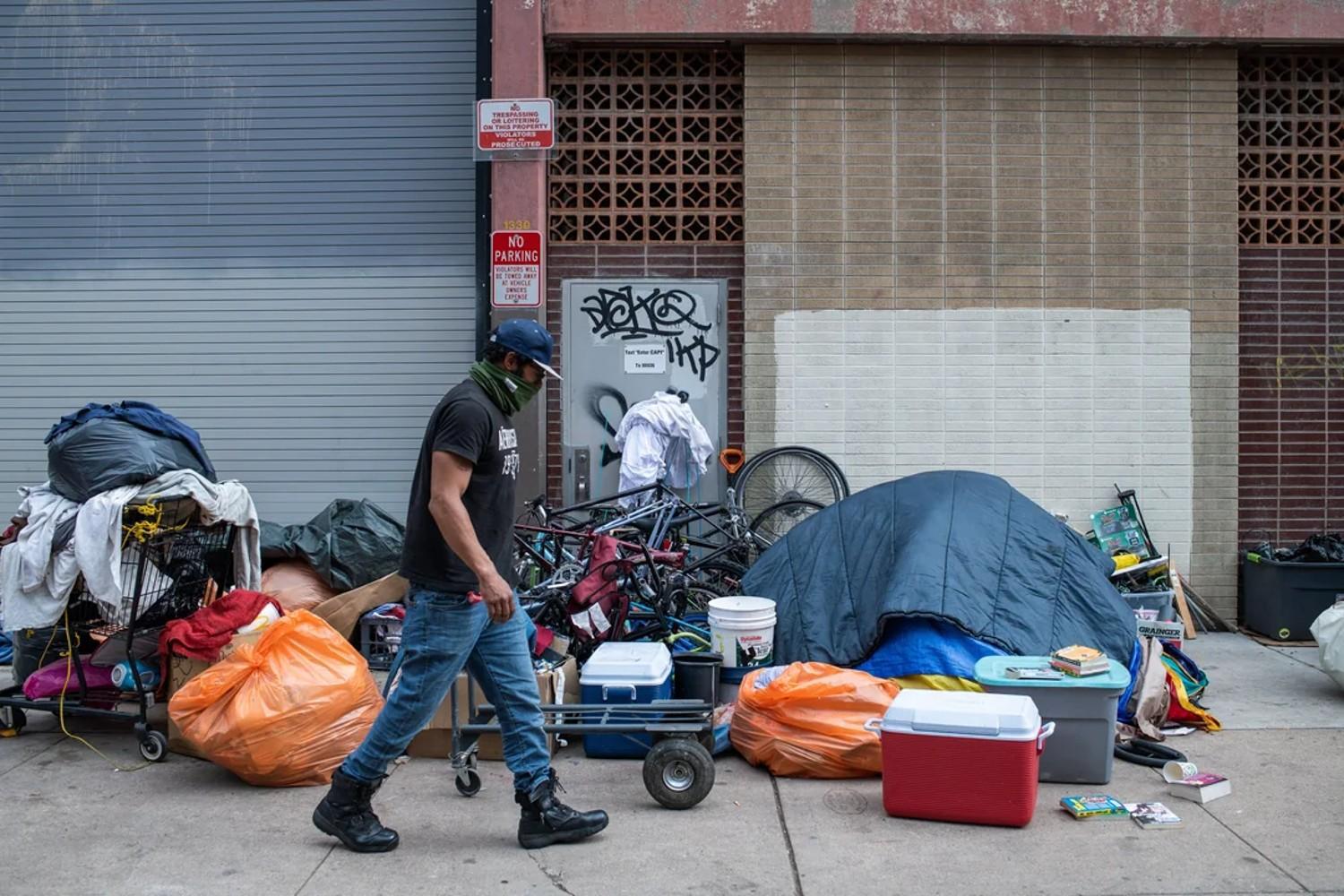
Oakland’s unhousing issue has been a problem affecting the Bay Area for years. More than 170 unhoused encampments cover entire city blocks. One of the largest encampments is located along the 880 freeway across from the Embarcadero.
While Rudick wants the encampment removed so residents can use the bike path again, he emphasizes that the city needs to build more shelters that accommodate the needs of these unhoused people so they feel encouraged to accept housing.
The Growth of the Population

Oakland’s unhoused population keeps growing, and the city is trying to find a solution as Newsom puts his boot down, threatening to fine cities that are unable to clean up their streets.
However, Oakland’s homeless population has been steadily declining over the last two years.
Releasing the Numbers

Earlier this year, Oakland and Alameda County released their latest homelessness tallies, which occur every two years. This report, mandated by the federal government for any jurisdiction that receives funding to address the crisis, shows the estimated number of people on the streets.
While these numbers are estimates, they are largely considered to be the most accurate statistic available.
The Unhoused Population in Oakland
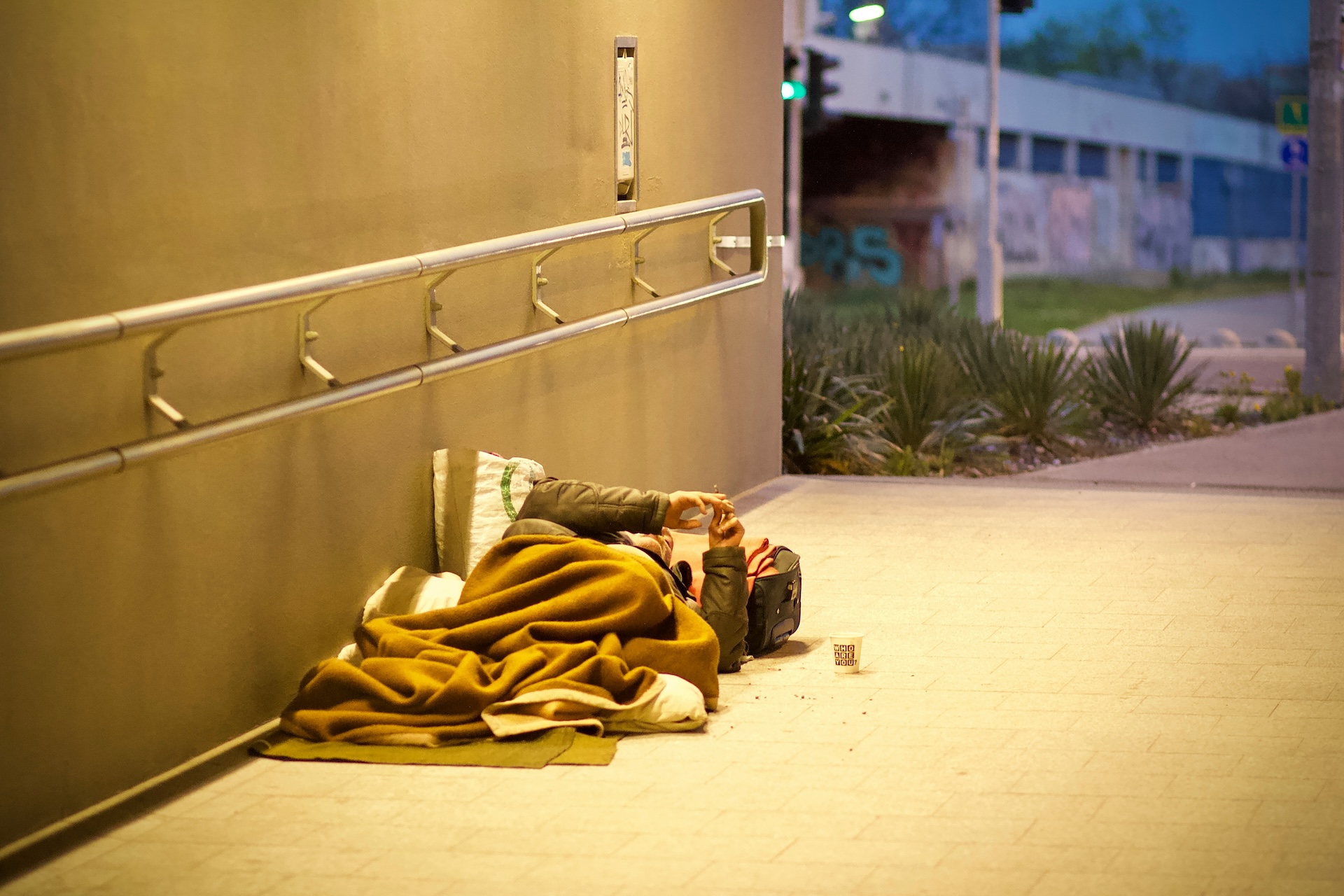
The 2024 count found 5,490 people living without permanent housing in Oakland. This reflects a 9% increase over the previous point-in-time count in 2022, which found 5,055.
About 67% of Oakland’s homeless population are unsheltered, living in tents that block sidewalks and bike paths.
The Numbers

The numbers also show that Alameda County’s overhaul unhouse population decreased by 3% over the last two years. The number of homeless youth and veterans throughout the county dropped, too.
Oakland’s unhouse population did not see a dip in numbers like Alameda County, but it did see the growth slow down compared to previous years.
The Population Growth Slows Down
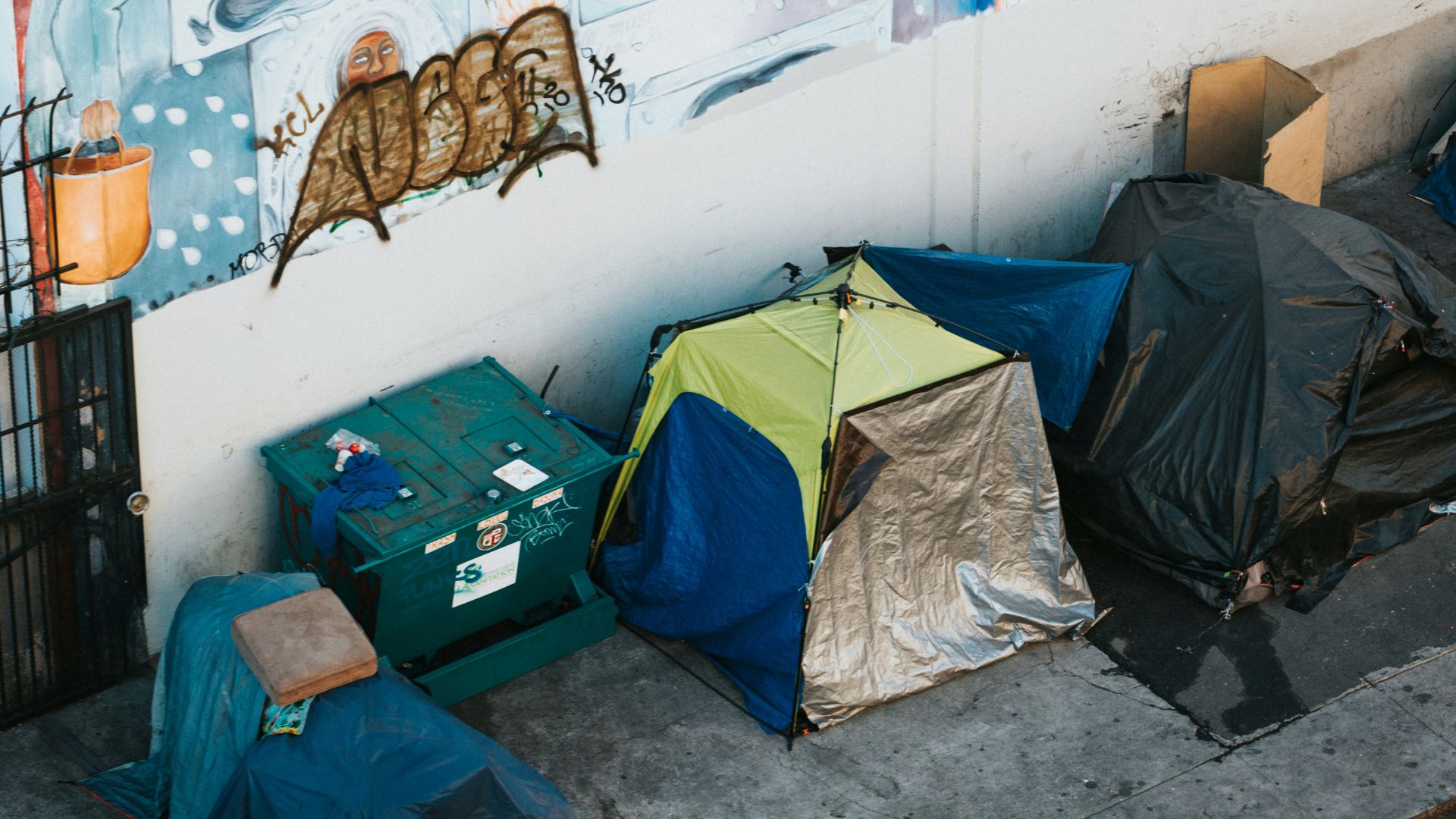
In the last five years, the unhoused population in Oakland has been slowing down. Between 2017 and 2019, the population grew by 47%. Between 2019 and 2022, the population grew by 24%.
This latest count revealed that the unhoused population grew by 9%, a significant slowdown compared to previous years.
The Challenges Oakland Faces

rawpixel.com/Freepik
“Oakland is delighted to have bent the curve for what has been a constant double-digit increase, trending ridiculously high,” Assistant City Administrator LaTonda Simmons told The Oaklandside.
Simmons led Oakland’s work around homeless encampments over the last few years and has seen the unique challenges that the city faces as it is home to half the county’s unhoused residents.
Another Reason for the Slowdown
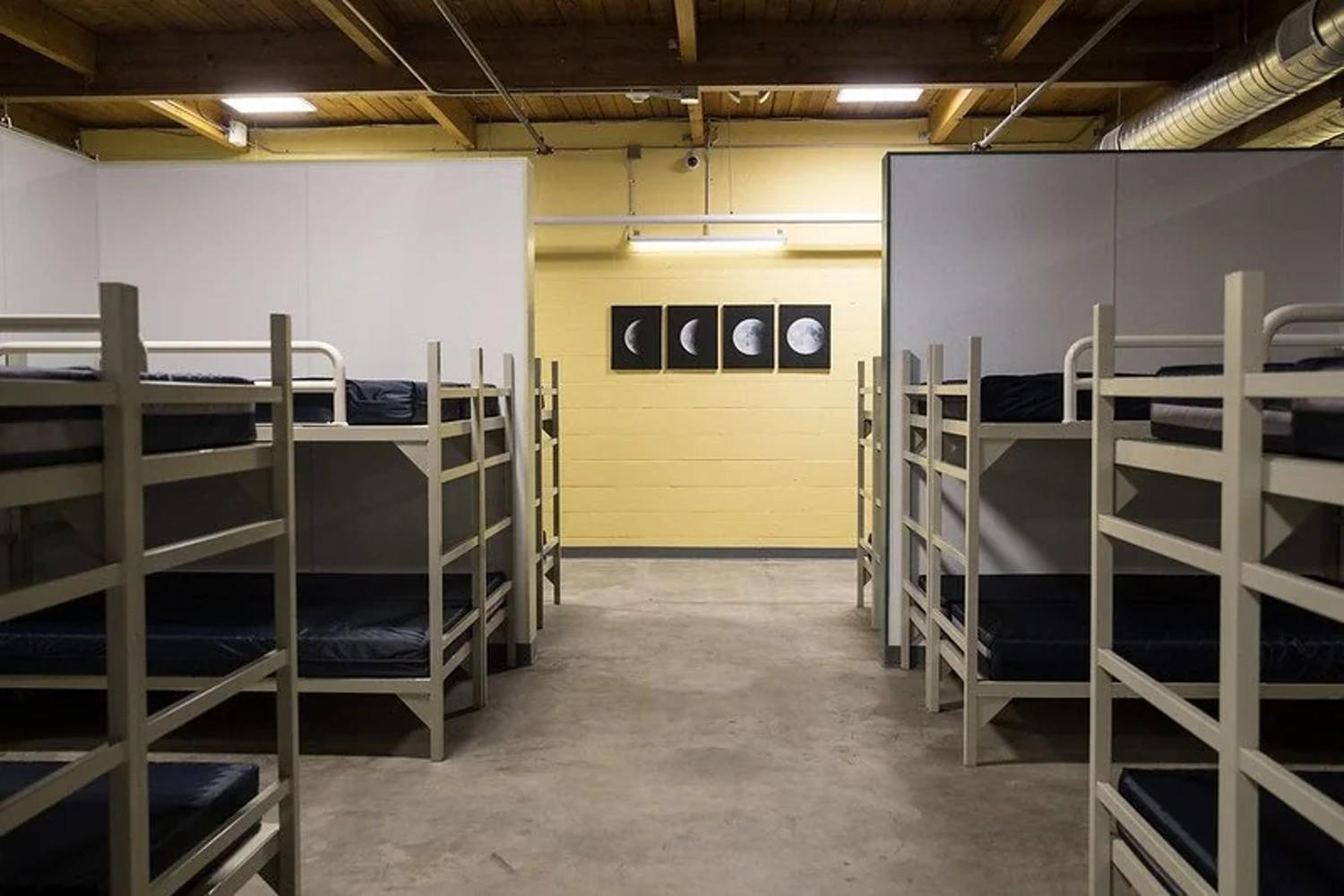
Simmons also attributed the city’s slower growth rate to stronger collaboration with the county as well as Oakland’s “encampment management” work.
Through city outreach workers connecting with encampment residents, “there has been an increase in enrollment of individuals and families in services and shelter programs,” she said.
A Solution During the Pandemic

During the COVID-19 pandemic, the country moved thousands of people off the streets and into converted “Roomkey” hotels. Many of the residents who stayed in these hotels were moved into permanent housing.
Since 2020, Oakland has received nine state “Homekey” awards to help convert other buildings into supportive housing for the unhoused population.
Moving People Off the Street
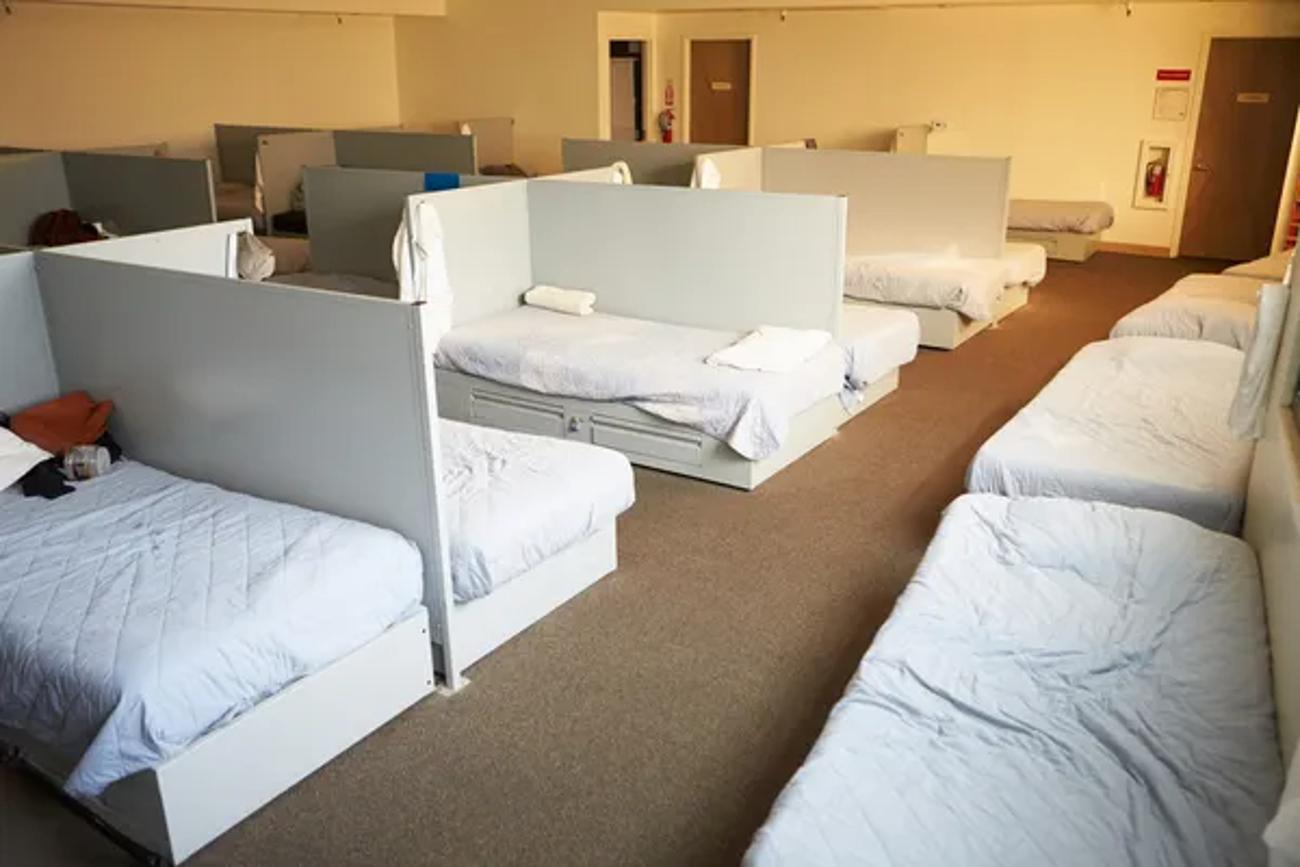
While the city is making the effort to move people off the streets and into securing housing, the unhoused residents and supporters are critical of Oakland’s approach to encampment management.
Like San Francisco, the city closes multiple encampments a week, offering people spots in one of Oakland’s several shelters.
Shelters Are Not Enough
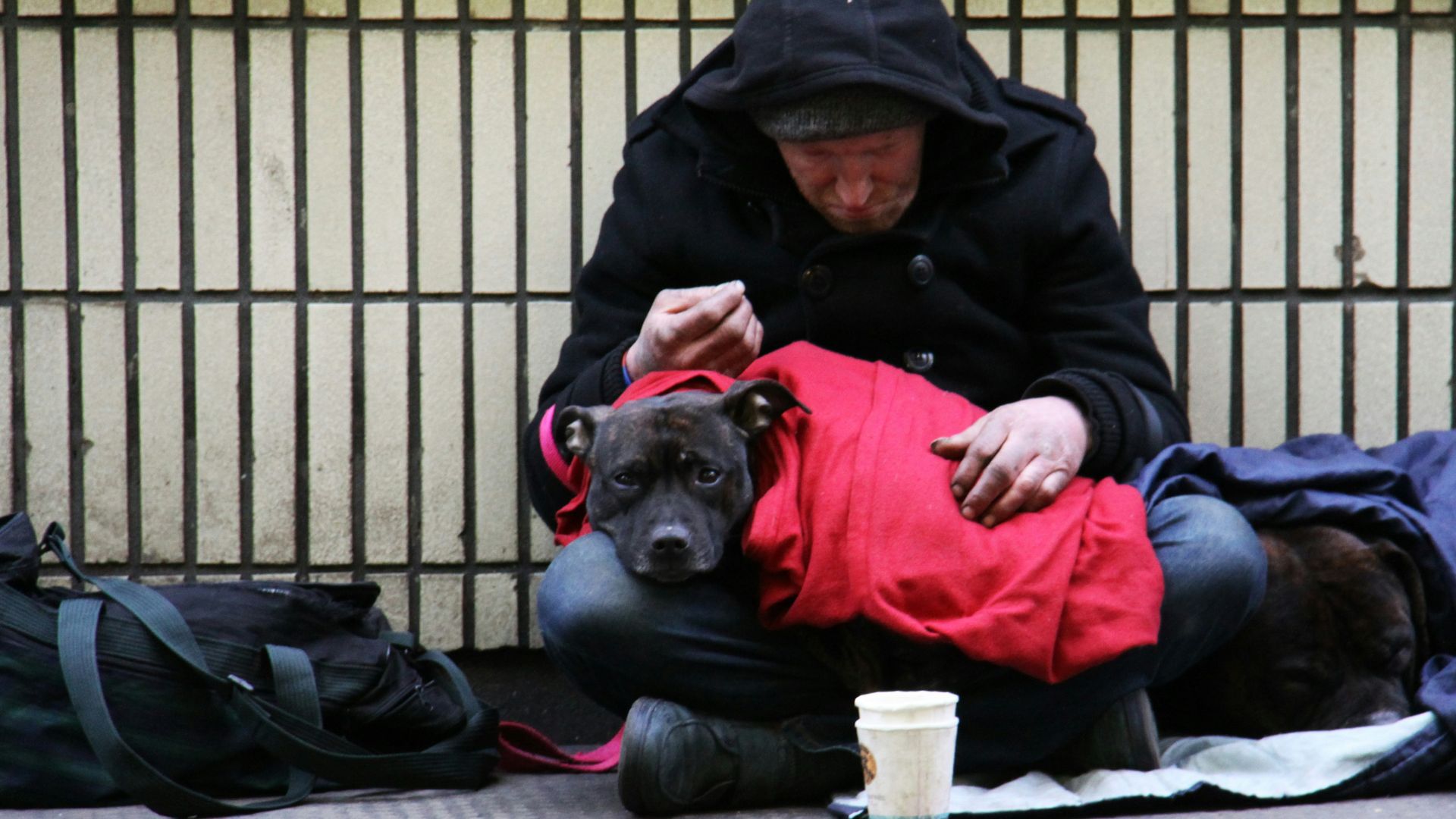
Residents often complain that the shelters available to them do not offer enough resources to support their needs. Others state that the limited shelter options put them in a place where they would have to give up some of their comforts like their pets.
A recent audit showed that several of the sites send people back to the streets at high rates, providing that the shelters are not working.
Tackling the Crisis in Oakland

Mayor Sheng Thao, who is currently facing a recall election, said that the city is trying to find the funds in their current budget to combat the ongoing crisis affecting the unhoused population and residents alike.
“Of course, we would love to see it decreasing,” said Thao about the homeless population. But she said the slower growth rate shows “our comprehensive approach to housing is working.”
Moving People Off the Streets

One way that Oakland is trying to help limit the amount of people living on the streets is through Measure U, an infrastructure bond that voters approved in 2022. The bond was the largest single source of affordable housing funds the city had ever seen.
The city plans to use the $7.2 million to close longstanding homeless camps and move 150 people into a hotel shelter.








































